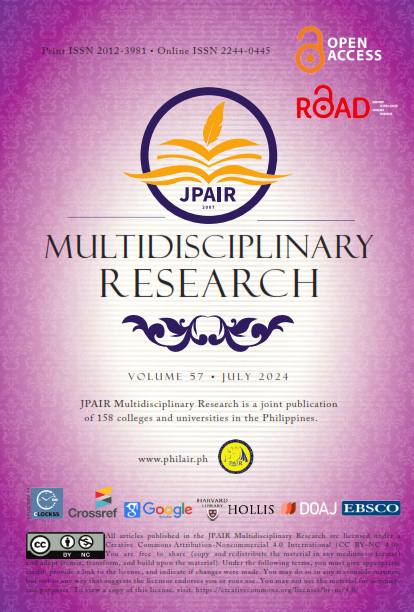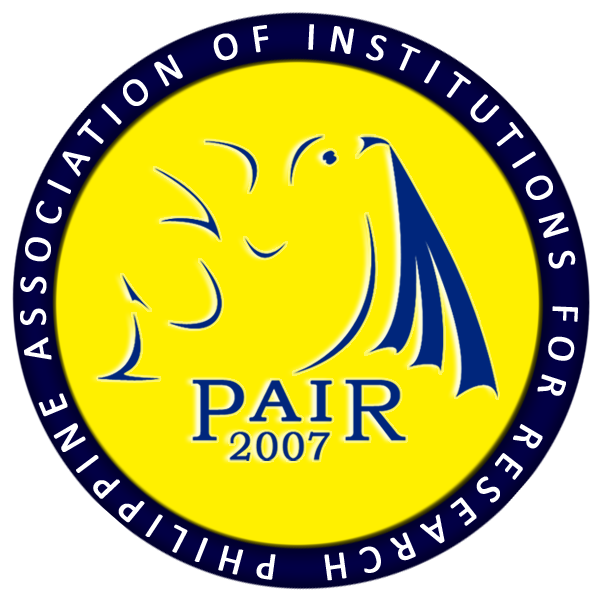The Implementation of Senior High School Alternative Learning System: Basis for a Proposed Professional Development Plan for Teachers
DOI:
https://doi.org/10.7719/jpair.v57i1.895Keywords:
Education, Alternative Learning System, Learning Delivery, Learning Resources, Learning Environment, Learning Assessment, Professional Development Plan, policy development, mixed-methods, PhilippinesAbstract
The study assessed the Alternative Learning System (ALS) in Bulacan, focusing on learning delivery, resources, environment, and assessment to propose a professional development plan for teachers. Utilizing a mixed-methods approach, data were collected from 342 ALS implementers and learners through surveys and interviews. Findings revealed a diverse teacher demographic, predominantly female and single, with most having less than five years of experience and no recent seminar attendance. Most teachers held Bachelor's degrees, with some possessing Master's degrees, and a majority had passed the LET exam. Respondents rated ALS implementation as “fully implemented,” except for learners who rated the learning delivery and learning resources as “implemented”. As for significant differences among the respondents, ALS implementation has no significant differences among the four learning domains. Challenges included limited interaction, ineffective communication, curriculum mismatches, resource constraints, and high workloads. Overall, there was consensus on ALS implementation across respondent groups, highlighting strengths and areas needing improvement to enhance the program's effectiveness and teacher support. To effectively address the challenges the ALS program faces, it is essential to enhance instructional delivery through increased face-to-face interaction between students and teachers, alongside providing targeted training on ALS pedagogy for educators. Developing effective learning materials, ensuring adequate facilities, creating a separate ALS curriculum, and establishing clear assessment policies will help minimize distractions, support student engagement, and improve overall learning outcomes.
Downloads
References
Ambayon, E. E., & Millenes, C. (2020). Modular-based approach and students’ achievement in literature. Available at SSRN 3723644.
Arpilleda, D. J. M. (2018). Problems encountered by mobile teachers assigned in tandag city division, surigao del sur: A case study. International Journal of English Literature and Social Sciences, 3(5).
Barrameda, T. (2021). Exploring the Learning Environment: A Study on the Factors Affecting Student Engagement and Learning Outcomes. De La Salle Medical and Health Sciences Institute (DLSMHSI) Greenprints.
Downloads
Published
Issue
Section
License
Copyright (c) 2024 Avegail T. Paez

This work is licensed under a Creative Commons Attribution-NonCommercial 4.0 International License.
Open Access. This article published by JPAIR Multidisciplinary Research is licensed under a Creative Commons Attribution-Noncommercial 4.0 International (CC BY-NC 4.0). You are free to share (copy and redistribute the material in any medium or format) and adapt (remix, transform, and build upon the material). Under the following terms, you must give appropriate credit, provide a link to the license, and indicate if changes were made. You may do so in any reasonable manner, but not in any way that suggests the licensor endorses you or your use. You may not use the material for commercial purposes.




















